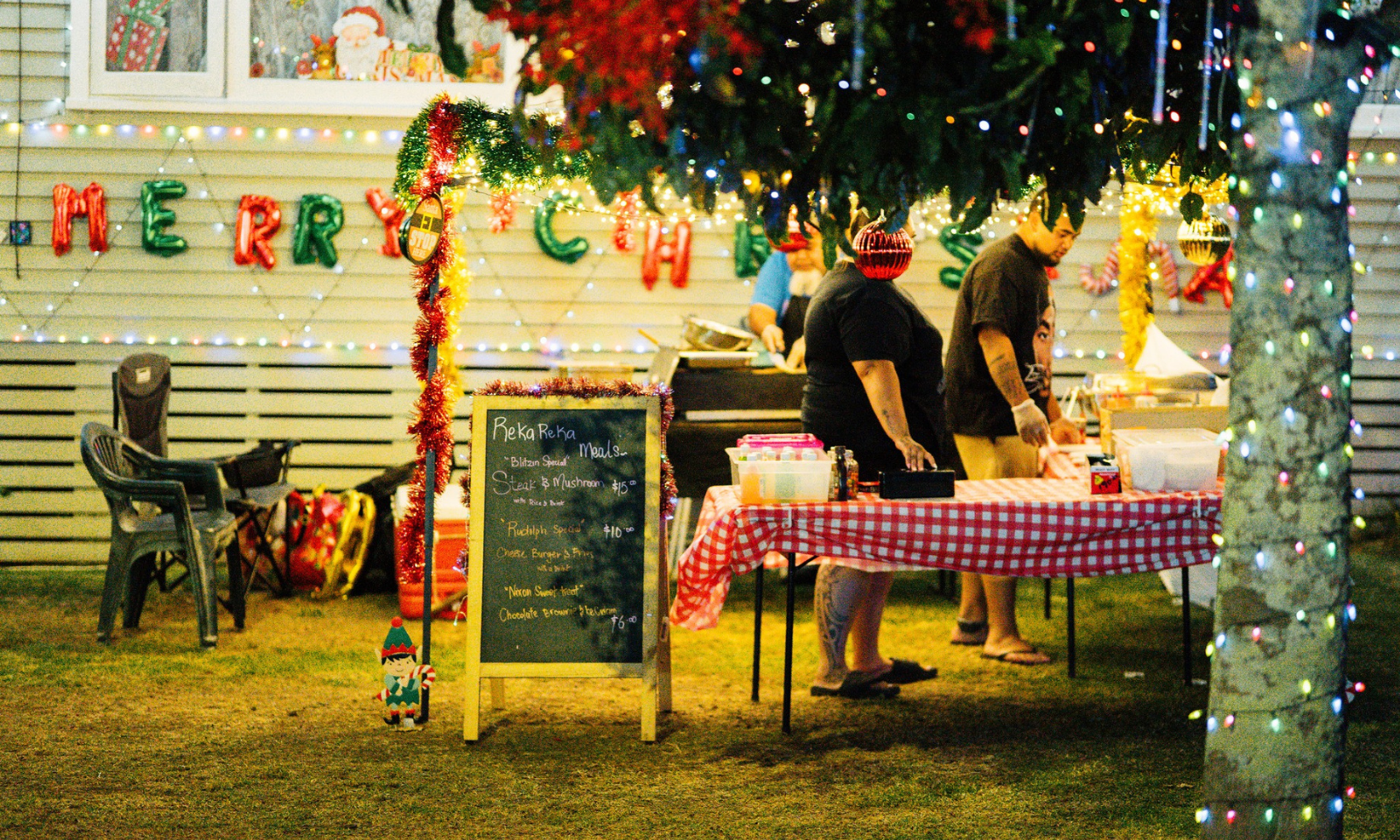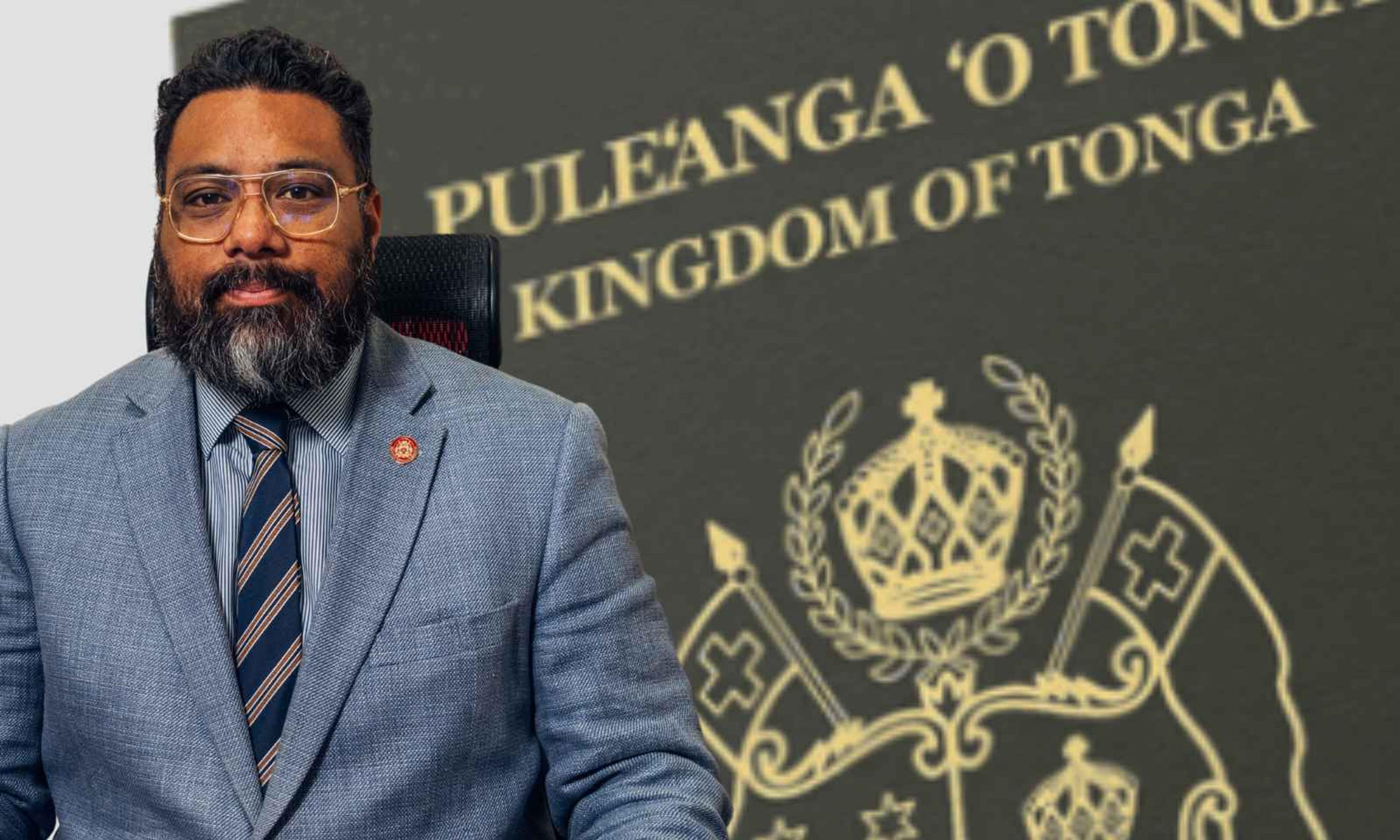

Families are being encouraged to talk and offer support when a person is struggling with mental health.
Unsplash
Families encouraged to have ‘hard talanoa’ around suicide
Suicide Prevention Programme Manager in Waitematā Manu Fotu says people need support, not stigma, while new research says addressing wider social issues will help.


Pacific sports wrap: 2025’s massive highs, lows and historic firsts


Fresh warning as Tonga PM defends citizenship investment scheme


Pacific sports wrap: 2025’s massive highs, lows and historic firsts


Fresh warning as Tonga PM defends citizenship investment scheme
Health advocates and academis are working to change the narrative and stigma surrounding suicide and mental health.
“It’s a hard talanoa,” says Waitematā’s suicide prevention programme manager Manu Fotu. “But it’s a very important talanoa to have in our community.”
While Pacific rates are only a fraction of Māori and European figures, Fotu said anybody can suffer from mental illness and suicidal thoughts, and it doesn’t discriminate.
“People arrive at the point because of underlying trauma, underlying pain that they just want to get away from, and so we must recognise what are the underlying issues that people face, and it can be complex.
“It can be the breakup of relationships, violence at home, drugs and alcohol, losing jobs, and and the more we talk about how we can help each other, the better that people can cope with this stressful time.”
Te Whatu Ora figures show an average of 26 suspected self-inflicted deaths from Pacific communities each year, however there was an alarming jump to 41 in 2021.
Speaking to Nemai Tagicakibau on Pacific Days, Fotu encouraged people to keep an eye on their loved ones and ask questions.
“People can recognize when their loved ones are not in their right space, they behave a little bit differently. Some of the signs will come through and it's just a matter of asking, ‘Are you okay? What's the problem?’
“And sometimes you might say ‘I don't know who to turn to, but I know that there is a place that we can both go and seek help from’, so there's a multitude of things that we can do when there is a good relationship in the family.”
Industry struggles
Last year, over 654 people died by suicide in Aotearoa New Zealand. One of the high risk industries is the construction sector, which has a support group such as Mates in Construction.
“There's a lot of our people who are involved in the building and construction industry, predominantly men. Men are not very good at talking about the problems, that is the issue sometimes.
“We want to be a man and just go it alone, but this is not it. Everybody needs to look out for each other. Men need to just reach out and say, ‘It's okay, I'm struggling. Can you help?’.”

Image/Te Whatu Ora
Fotu said some people avoid talking about suicide for the wrong reasons.
“People might think the more we talk about it, the more we put things into people’s mind about suicide, but that is a myth.
“It’s a topic that we don't address much because we know that it comes with discrimination, with stigma, the disease of the mind is not something that we talk about.”
Fotu said it's about creating opportunities and a safe environment for talanoa and support for seeking help.
“We can create that environment that we can allow safe conversations, and that can start at home, mental health and suicide prevention, they are not taboo subjects anymore.”
A wider solution
New research highlights how clinical treatment services are critical for people in a suicidal crisis, but upstream measures that address social factors must also be included in national suicide prevention strategies.
Melbourne University’s director at the Centre for Mental Health and Community Wellbeing Professor Jane Pirkis said the viewpoint of suicide prevention needs to be broadened.
“Suicide is often thought of as stemming from mental illness, but factors like financial hardship, social isolation, discrimination, and domestic violence and abuse wield a major influence.”
The research series suggests political interventions to reduce poverty such as minimum wage legislation and income protection, policies to limit alcohol use, regulation of social media platforms and reducing domestic violence.
Where to get help
1737, Need to talk? Free call or text 1737 to talk to a trained counsellor.
Anxiety New Zealand 0800 ANXIETY (0800 269 4389)
Depression.org.nz 0800 111 757 or text 4202
Lifeline 0800 543 354
Mental Health Foundation 09 623 4812, click here to access its free resource and information service.
Rural Support Trust 0800 787 254
Samaritans 0800 726 666
Suicide Crisis Helpline 0508 828 865 (0508 TAUTOKO)
Yellow Brick Road 0800 732 825
thelowdown.co.nz Web chat, email chat or free text 5626
What's Up 0800 942 8787 (for 5 to 18-year-olds). Phone counselling available Monday-Friday, noon-11pm and weekends, 3pm-11pm. Online chat is available 3pm-10pm daily.
Youthline 0800 376 633, free text 234, email talk@youthline.co.nz, or find online chat and other support options here.
If it is an emergency, click here to find the number for your local crisis assessment team.
In a life-threatening situation, call 111.